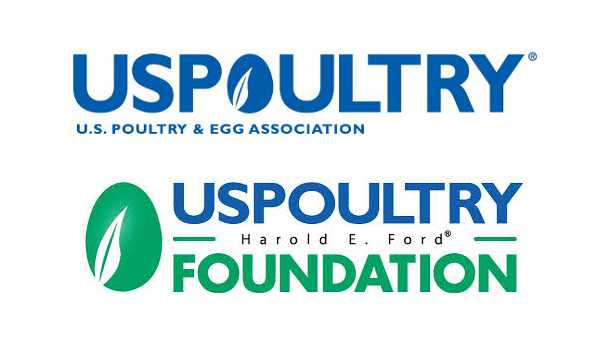
USPOULTRY and the USPOULTRY Foundation announce the completion of a funded research project by researchers at the University of Nebraska – Lincoln that identified virulent from avirulent strains of Enterococcus faecalis isolates. The research is part of the Association’s comprehensive research program encompassing all phases of poultry and egg production and processing. A summary of the completed project is below.
Project #F112: Identifying Virulent Avian Enterococcus faecalis Isolates by Using Matrix-Assisted Laser Desorption/Ionization – Time of Flight Mass Spectroscopy
(Dr. Donald L. Reynolds, Nebraska Veterinary Diagnostic Center, University of Nebraska – Lincoln)
Enterococcus faecalis (E. faecalis), a ubiquitous microorganism that is frequently found in hatcheries and unhatched eggs, may play an important role in contributing to decreased hatchability. Dr. Reynolds and colleagues aimed to develop a diagnostic tool that distinguishes virulent from avirulent strains of E. faecalis in a rapid and cost-effective manner by using Matrix Assisted Laser Desorption/Ionization – Time of Flight Mass Spectrometry (MALDI-TOF MS). The MALDI-TOF MS method developed was able to distinguish between very low avirulent E. faecalis isolates and highly virulent E. faecalis isolates. However, the method was not able to clearly categorize those E. faecalis isolates that were found to be of low and moderate virulence (i.e., in-between highly virulent and avirulent) into avirulent or virulent categories.
The research summary can be found on the USPOULTRY website. Information on other Association research may also be obtained by visiting the USPOULTRY website, uspoultry.org.
Source: US Poultry & Egg Association







